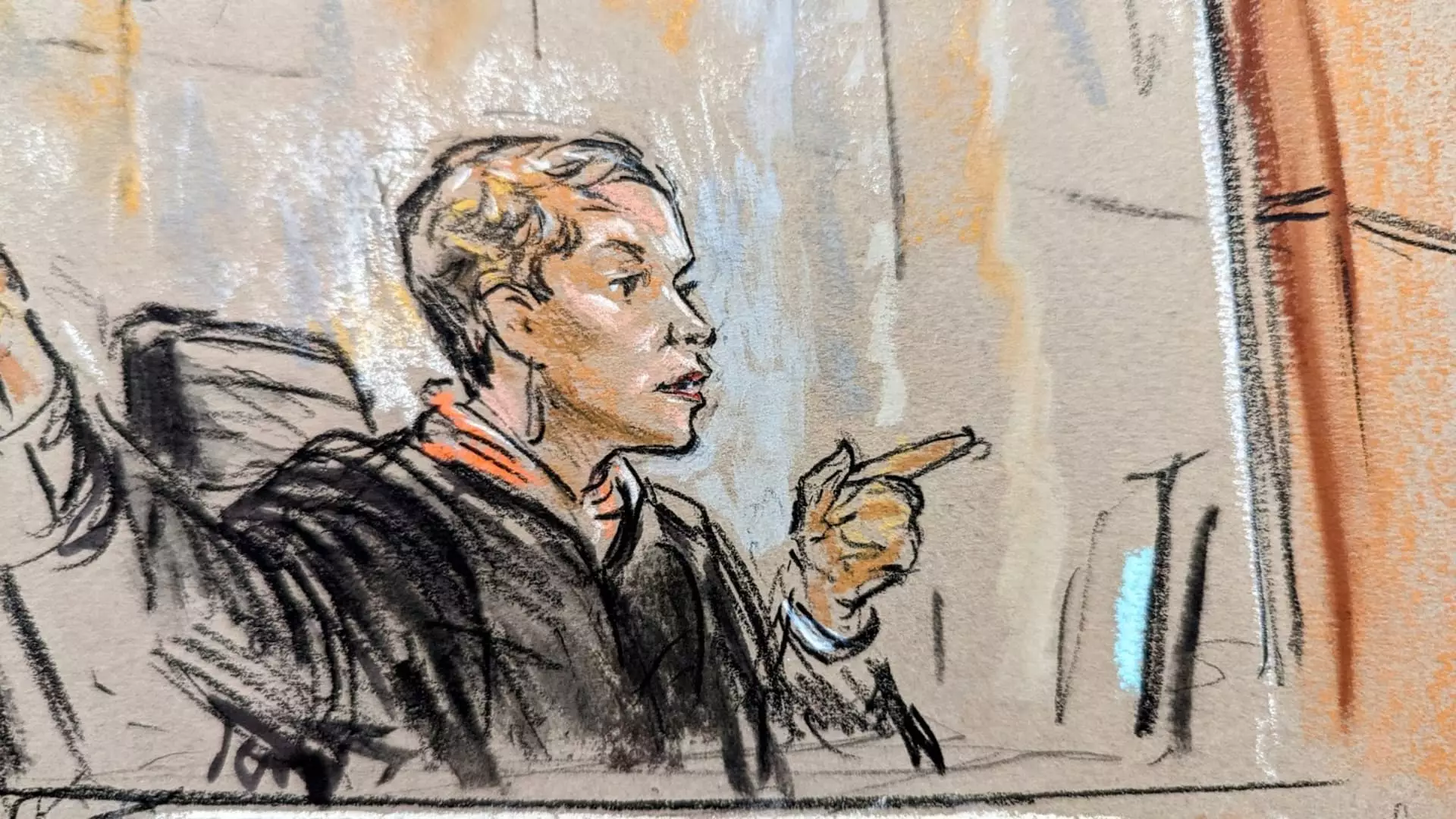Former President Donald Trump recently faced a setback in his criminal election-interference case in Washington, D.C. when a federal judge denied his request to have her recusal. The judge in question, Tanya Chutkan, had been accused by Trump’s lawyers of making biased statements during the sentencing of Jan. 6 Capitol riot defendants. However, Judge Chutkan dismissed their argument, stating that her recusal was not warranted in this case.
Trump’s legal team argued that Judge Chutkan’s statements during the sentencing hearings showed her prejudice against Trump and her belief that he should be prosecuted and imprisoned. They claimed that her remarks demonstrated a disqualifying bias against the former president. However, Chutkan firmly rejected these allegations in her 20-page opinion, emphasizing that the court had never taken such a position.
The Court’s Fairness and Objectivity
According to Judge Chutkan, a reasonable observer would not doubt the court’s ability to remain impartial and uphold her judicial oath to be fair to defendants. She based her decision on a thorough review of the law, facts, and record surrounding the case. It is crucial to note that Trump has been charged with a four-count indictment in U.S. District Court in Washington, accusing him of conspiring to overturn his loss to President Joe Biden in the 2020 election. The trial is set to begin in March and is one of four pending criminal cases against the former president.
The infamous January 6, 2021, riot at the U.S. Capitol plays a central role in the prosecution’s claims against Trump in the Washington case. Supporters of the former president stormed the Capitol after weeks of him falsely alleging widespread ballot fraud in favor of Biden. Trump’s lawyers cited Judge Chutkan’s remarks during sentencing hearings for two individuals, Christine Priola and Robert Palmer, who were convicted for their involvement in the riot.
During Priola’s sentencing, Judge Chutkan stated, “The people who mobbed that Capitol were there in fealty, in loyalty, to one man – not to the Constitution.” She added, “It’s a blind loyalty to one person who, by the way, remains free to this day.” Trump’s lawyers interpreted these remarks as a message implying that President Trump should not be free. Similarly, while sentencing Palmer, Chutkan commented, “The people who exhorted you and encouraged you and rallied you to go and take action and to fight have not been charged.” Trump’s legal team saw this as Chutkan’s opinion that Trump’s conduct supported charges against him.
Judge Chutkan’s Response
In her ruling denying the recusal motion, Judge Chutkan clarified that her statements merely reflected the information and arguments presented by the defense in each case. She categorically denied endorsing the view that Trump should be prosecuted and imprisoned. Despite this explanation, Trump has publicly criticized Judge Chutkan, referring to her as a “biased, Trump Hating Judge.” It’s important to note that Chutkan was appointed to the bench in 2014 by former President Barack Obama and has been known to impose longer sentences than what prosecutors have requested in multiple Jan. 6 defendants’ cases.
Restrictions on Trump’s Speech
Special counsel Jack Smith, who is prosecuting the case, has requested Judge Chutkan to impose a partial gag order on Trump. This order would limit what the former president can say about prospective witnesses, court officials, and others involved in the case. However, Trump’s lawyers have urged Chutkan not to impose these restrictions, claiming that they infringe on his constitutional rights and are an attempt to silence him as he pursues the 2024 Republican presidential nomination.
The controversy surrounding Judge Tanya Chutkan in Trump’s criminal election-interference case highlights the contentious nature of the legal proceedings. While Trump’s lawyers accused Judge Chutkan of bias, she firmly denied any prejudice and emphasized the court’s commitment to fairness and upholding the law. As the case moves forward, it remains to be seen how the court will handle the implications of the January 6 riot and the defense’s continuing efforts to challenge Judge Chutkan’s involvement in the trial.


Leave a Reply